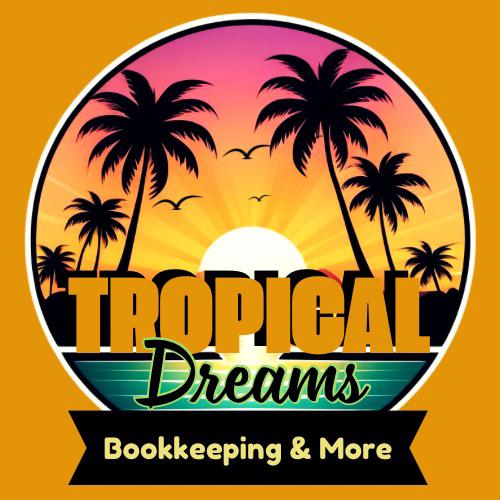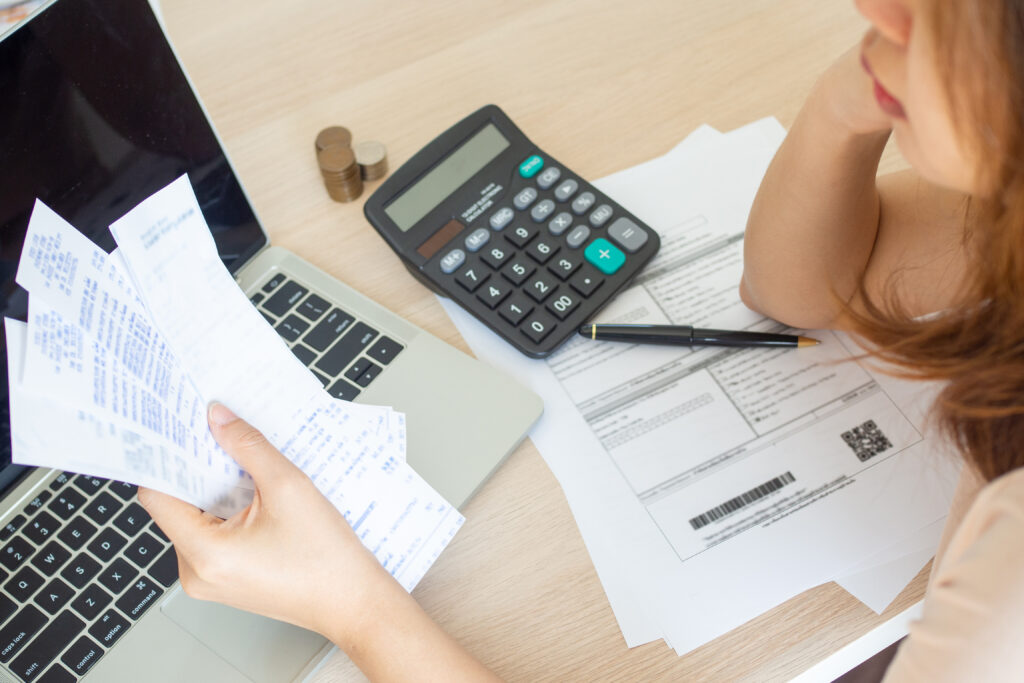A Guide for Small Business Owners
As a small business owner, it’s crucial to maintain organized financial records to ensure smooth operations. When it comes time to work with your bookkeeper or accountant, having the right documents at your fingertips can make the process a breeze. We’ll answer the essential question: “What documents should I have available for my bookkeeper?”
Key Documents You Need
Here’s a breakdown of the essential documents you should prepare:
- Bank Statements
Gather your business bank statements for all accounts. These are crucial for tracking your income and expenses. Make sure to have the latest statements readily available for both your bookkeeper. - Invoice Records
Keep thorough records of all invoices sent and received. This includes sales invoices, vendor invoices, and any receipts. Your bookkeeper will need these to track accounts payable and receivable accurately. - Expense Receipts
Compile receipts for all business expenses, including travel, supplies, and utilities. Categorizing these receipts will help your accountant during tax preparation. - Payroll Records
If you have employees, gather payroll documents such as pay stubs, tax forms, and benefits records. This information is vital for managing payroll taxes and employee benefits. - Tax Documents
Collect any tax returns filed for previous years, along with supporting documents. This includes W-2s, 1099s, and any correspondence received from the IRS. - Financial Statements
Prepare your income statement, balance sheet, and cash flow statement. These documents provide a snapshot of your business’s financial health and are critical for both your bookkeeper. - Contracts and Agreements
Include any contracts with clients, vendors, or other third parties. These documents may impact your financial statements and tax obligations. - Business Licenses and Permits
Ensure all necessary business licenses and permits are on hand. Your accountant may need these to verify legal compliance and deductions.
Why is This Important?
Having these documents organized and ready will not only streamline your bookkeeping and accounting processes but also put you in a strong position during tax season. This proactive approach will help reduce stress and ensure that you are maximizing your deductions.
The key to a successful partnership with your bookkeeper and accountant lies in preparation and organization. By having these essential documents ready, you pave the way for accurate bookkeeping and accounting, making the entirety of your financial management run smoother. Whether you’re just starting your journey as a small business owner or looking to improve your existing practices, this checklist will help you set yourself up for success!
So, gather those documents, stay organized, and watch your business thrive!

